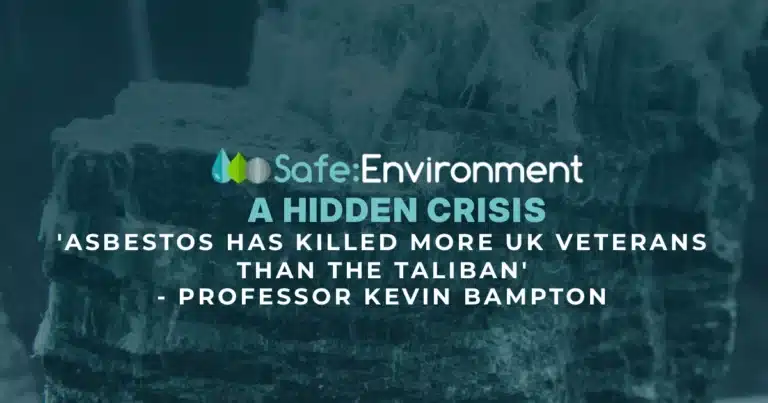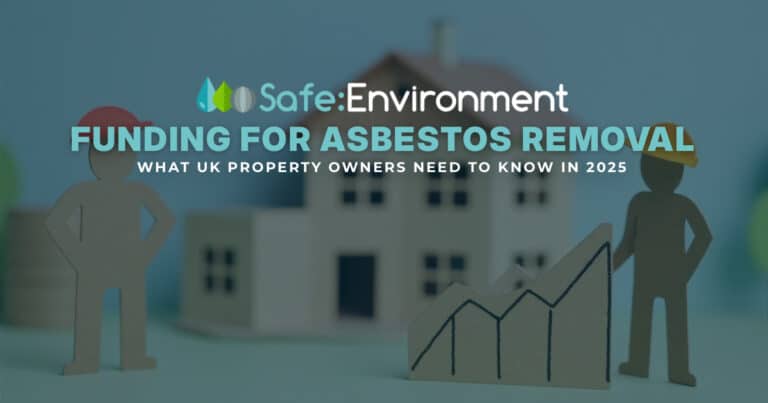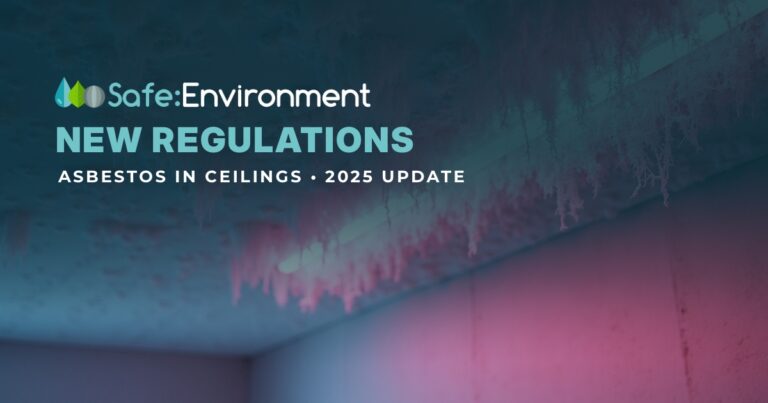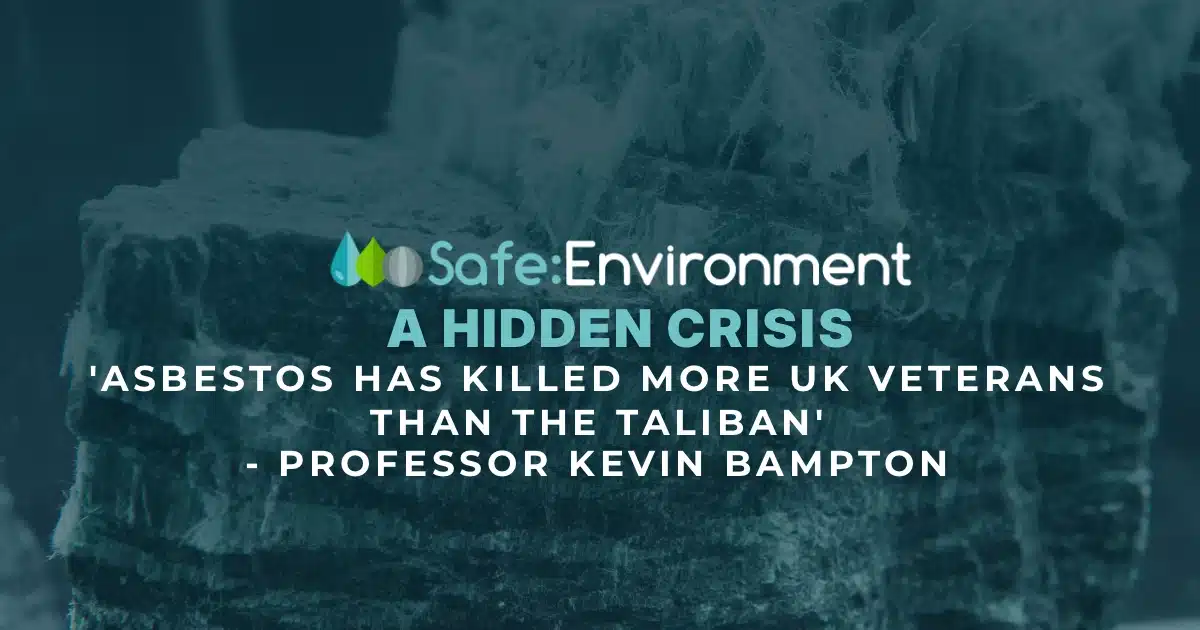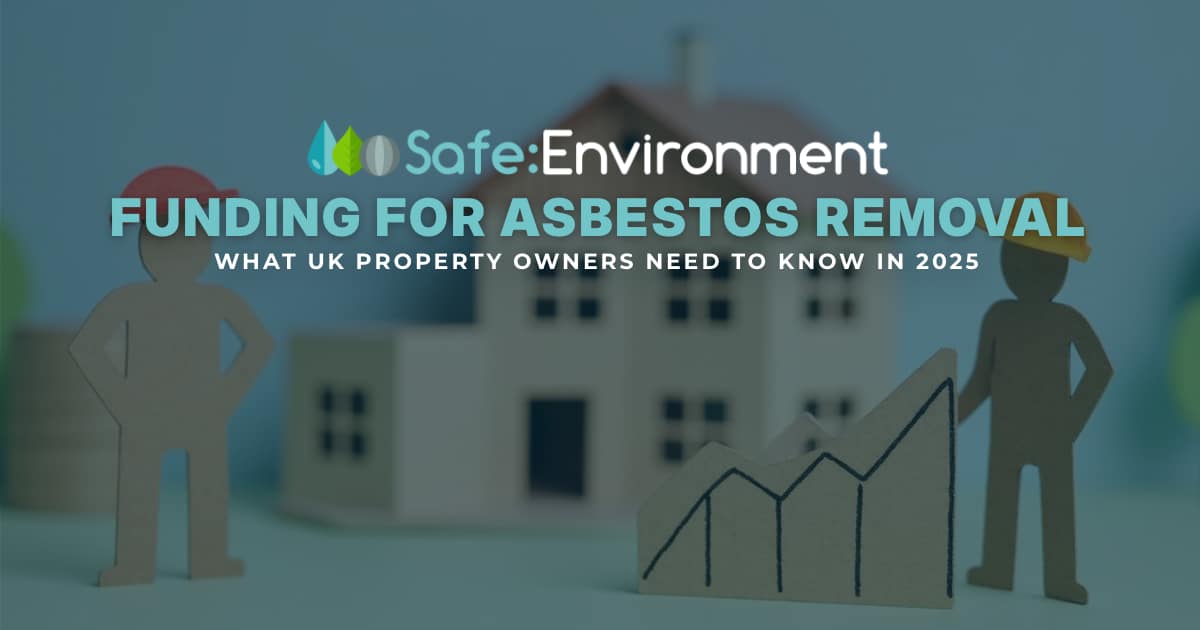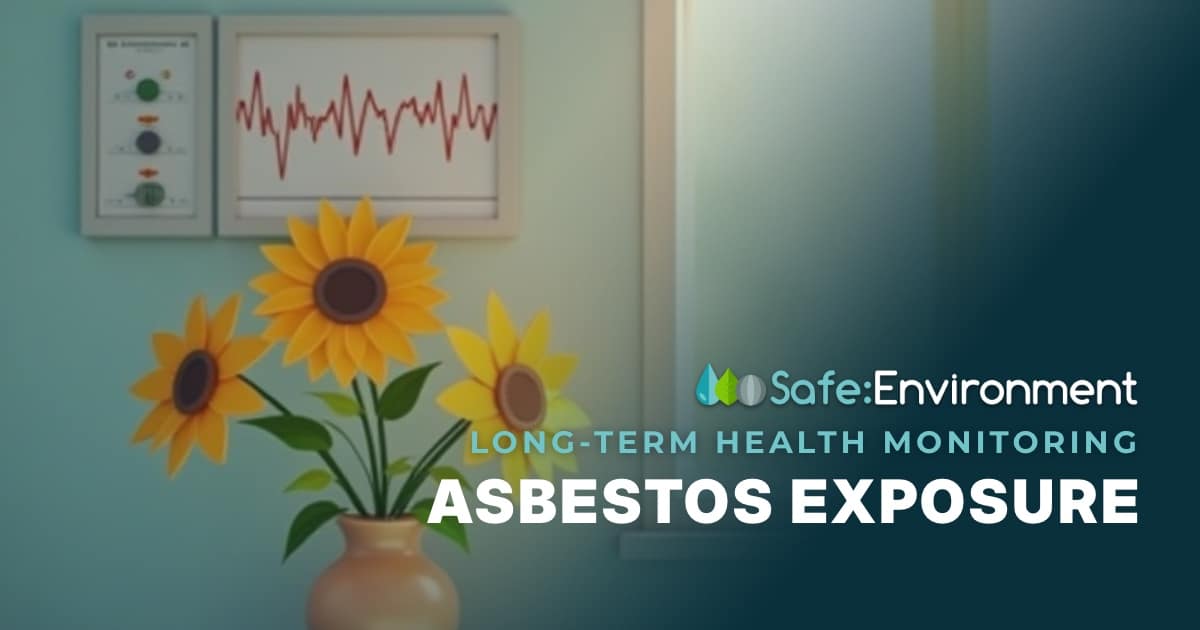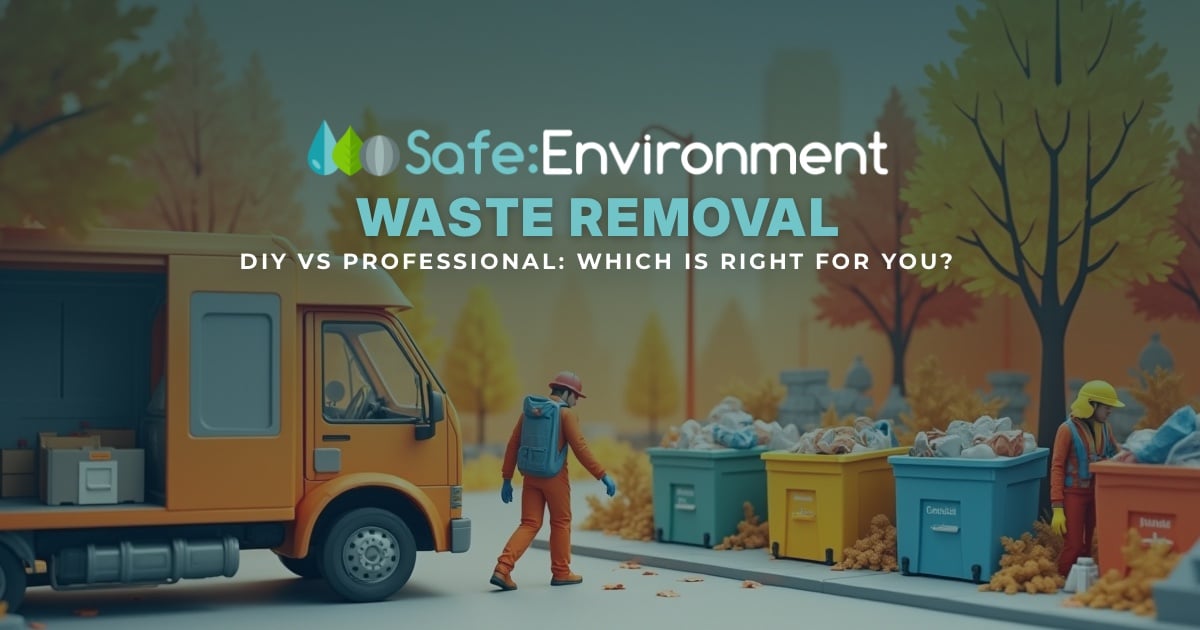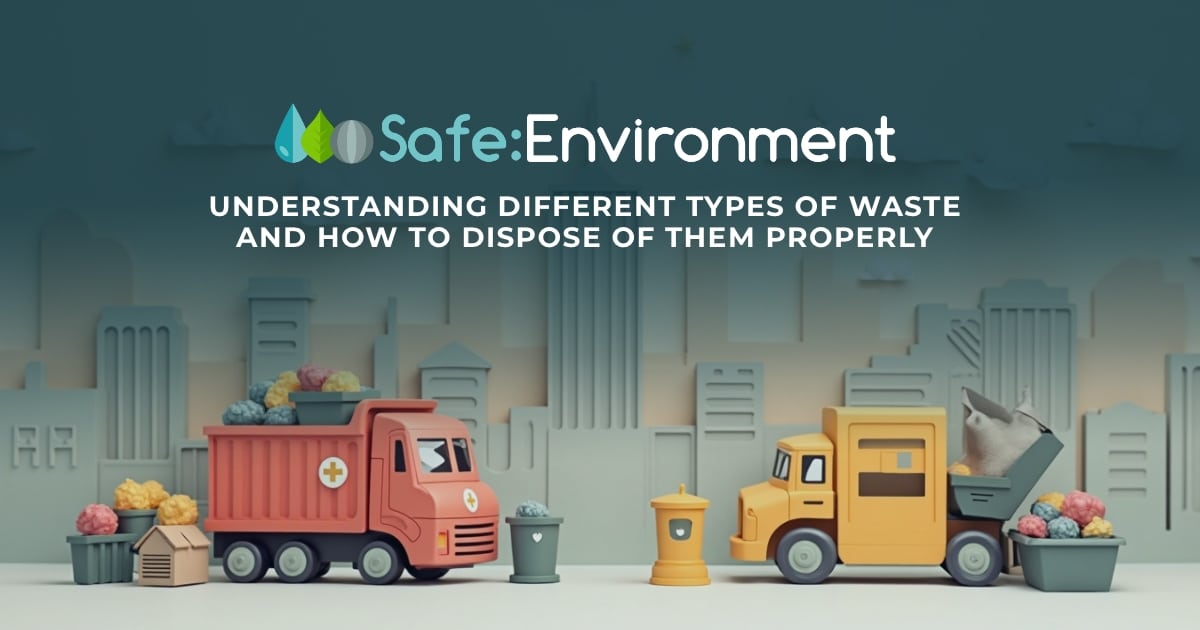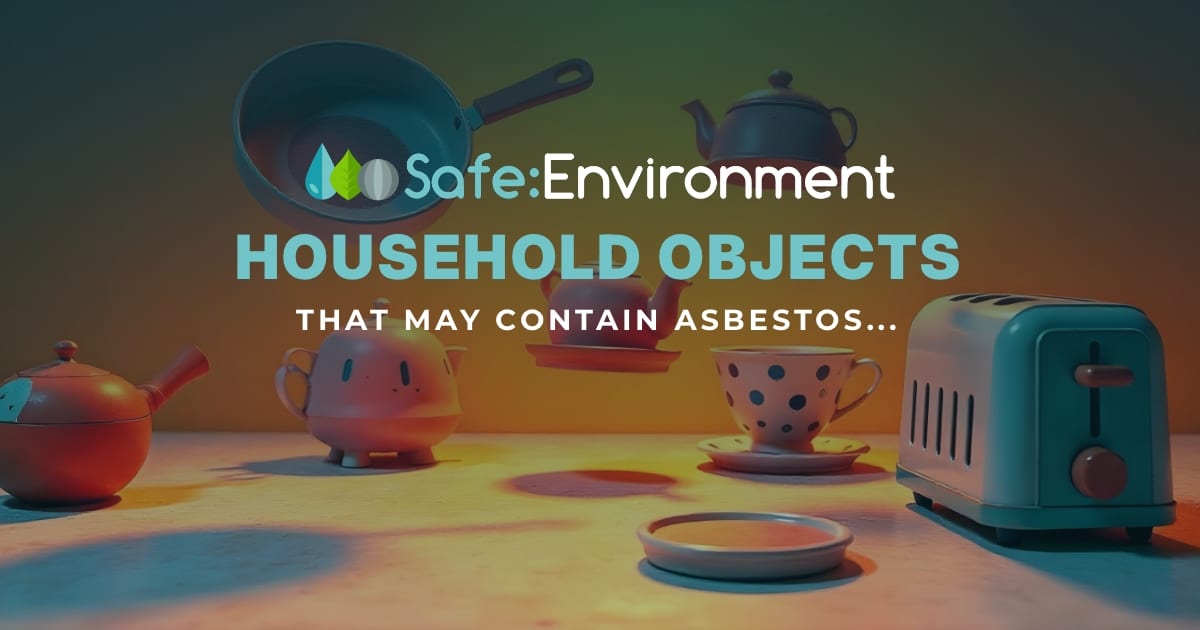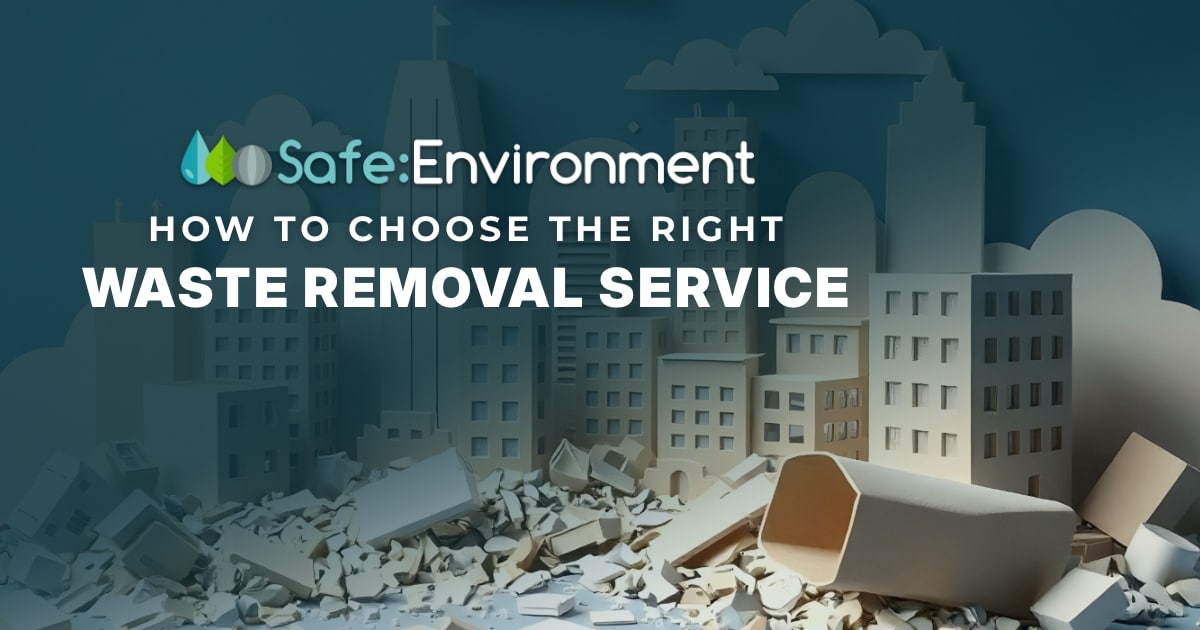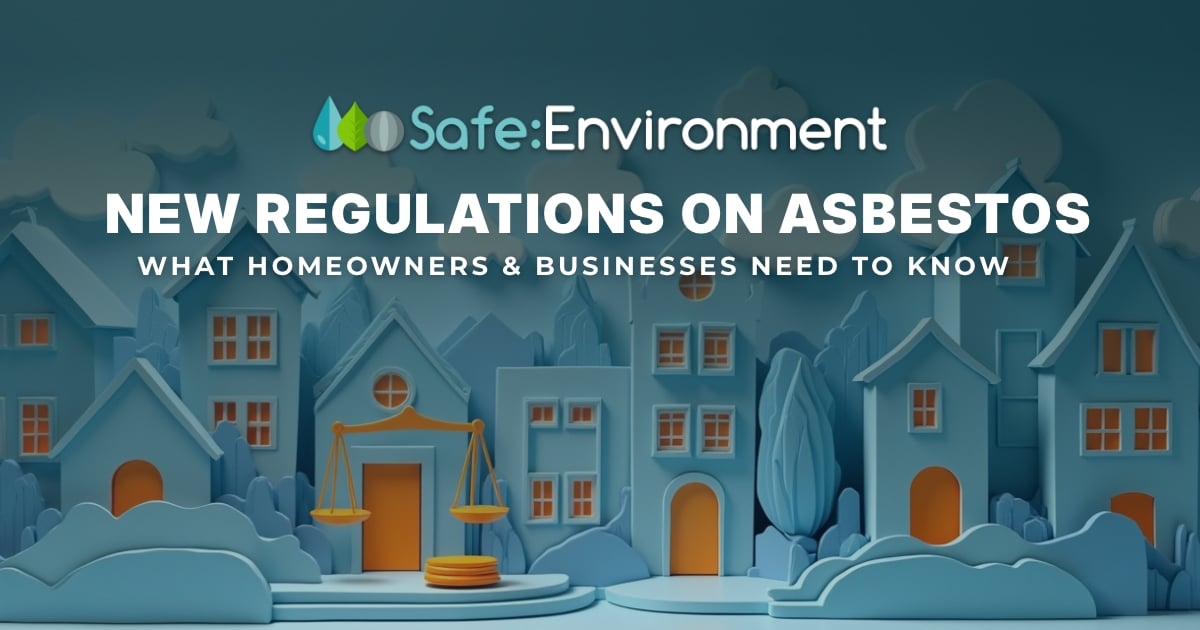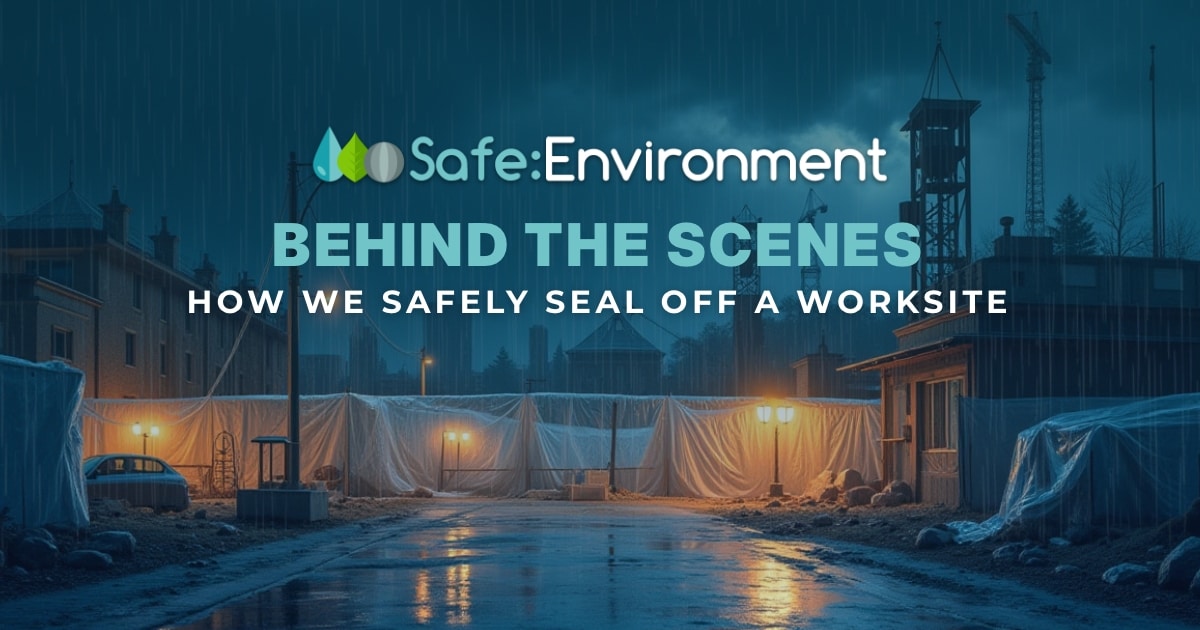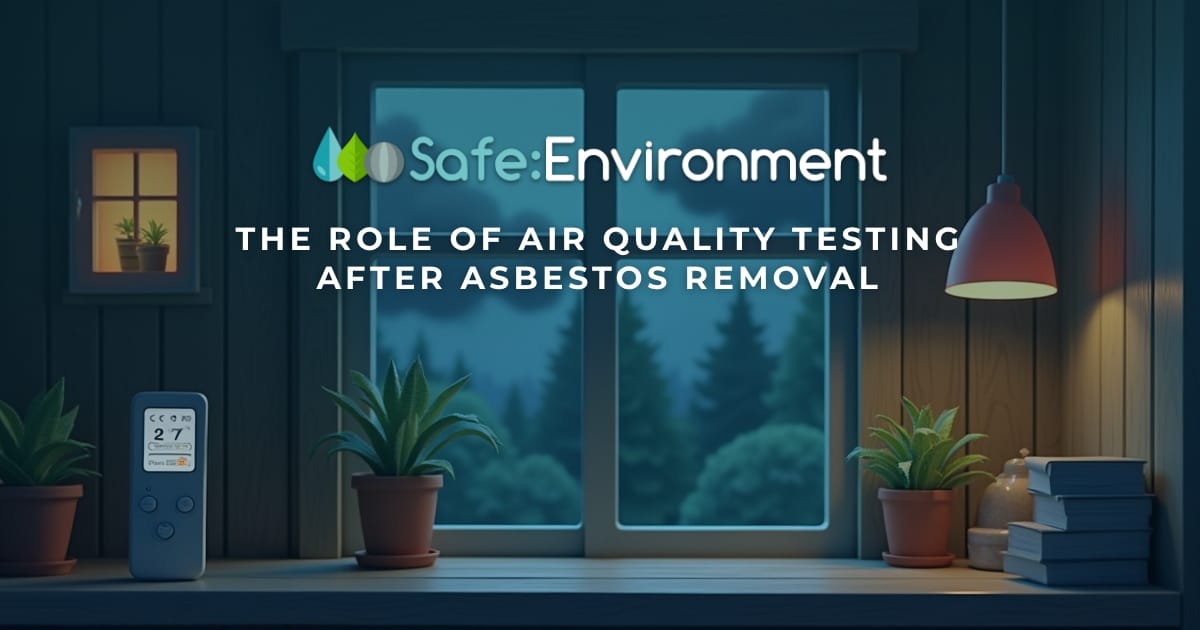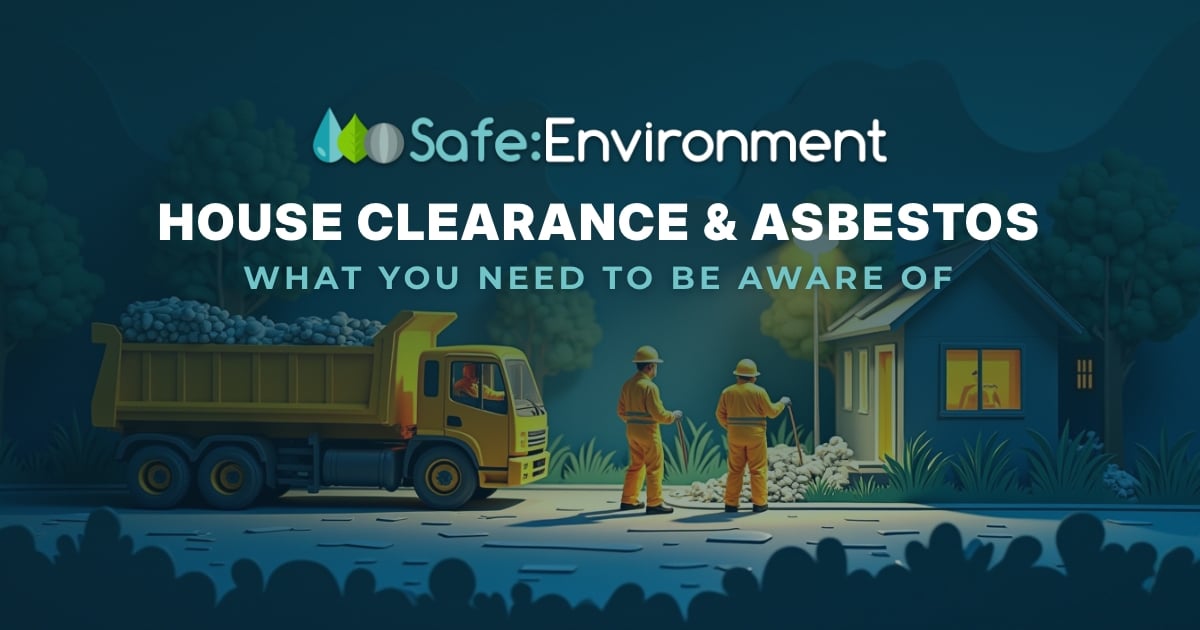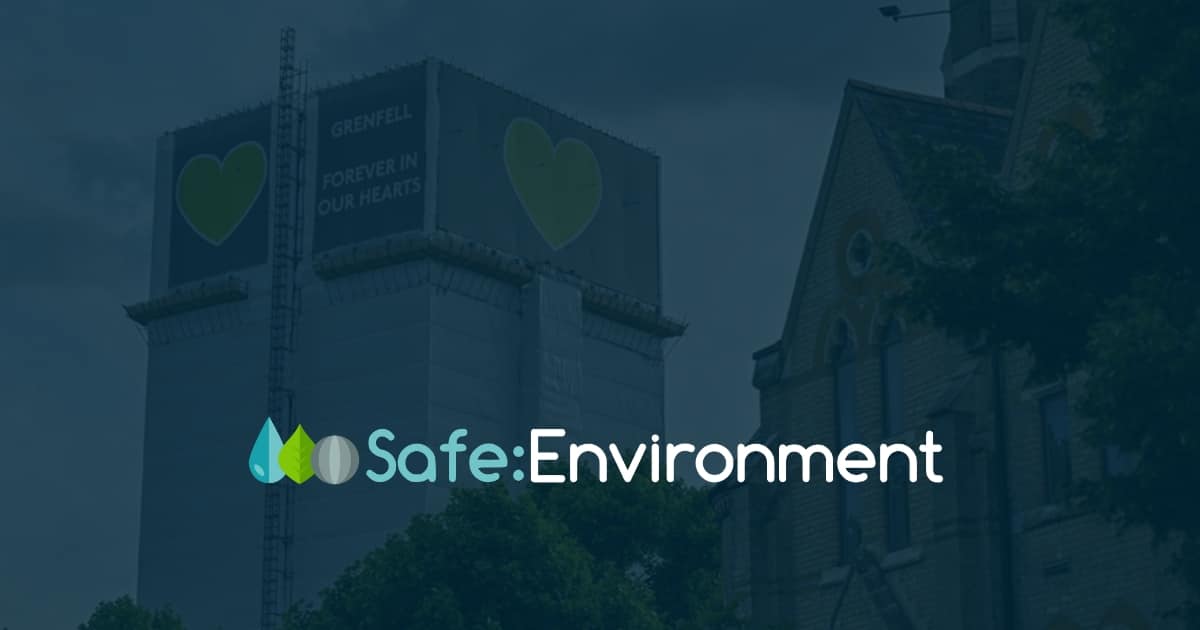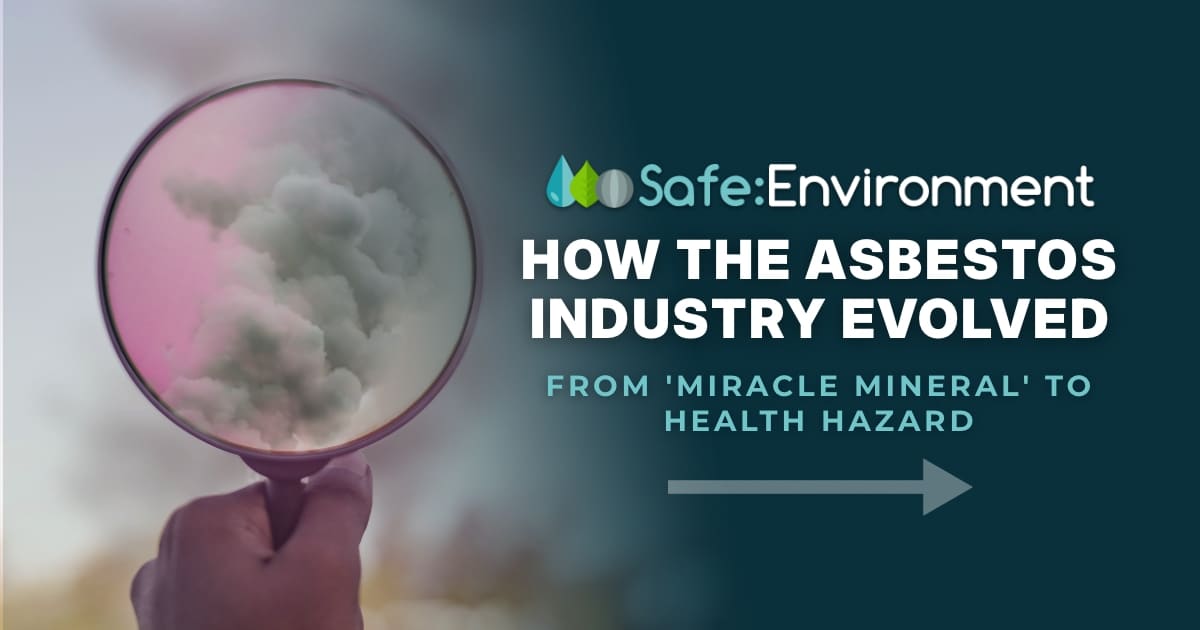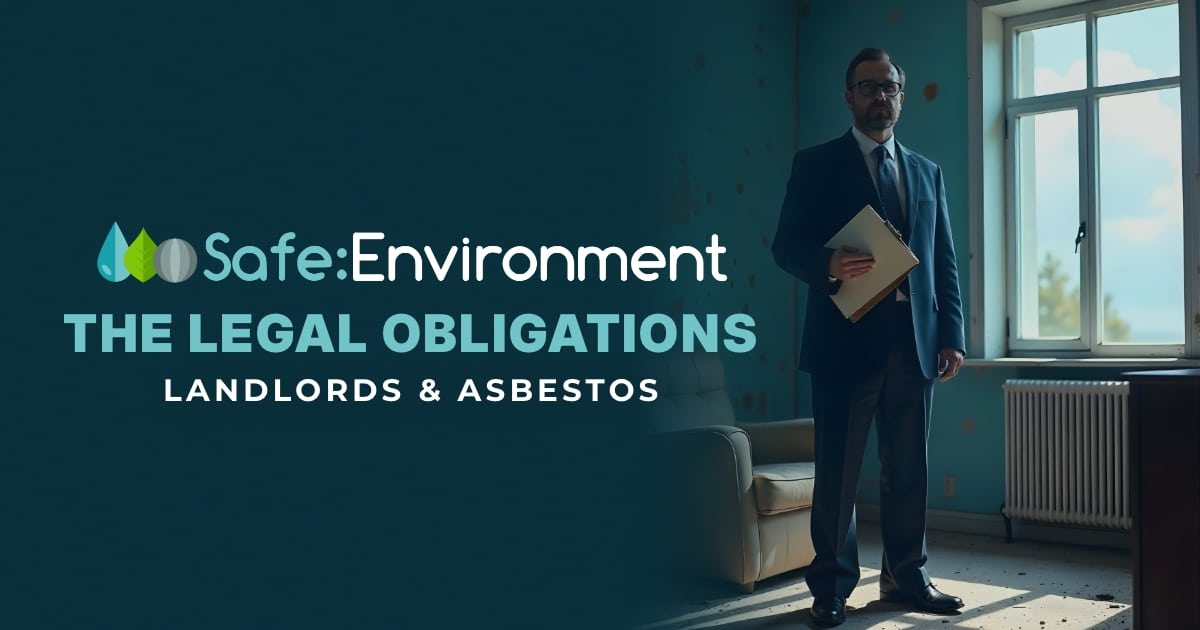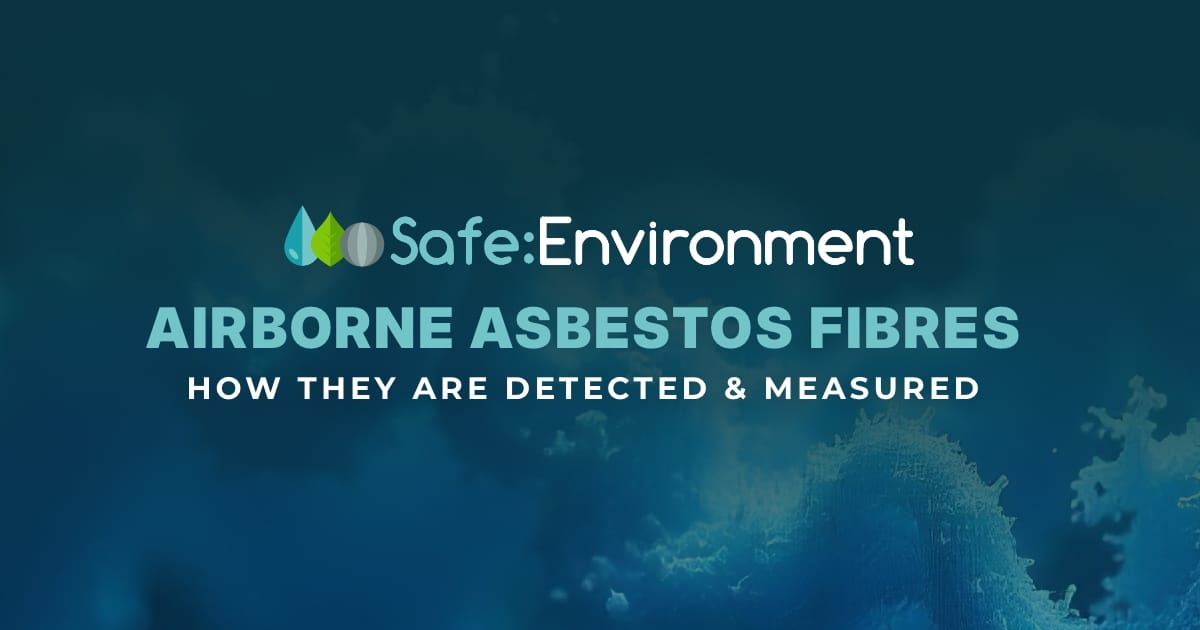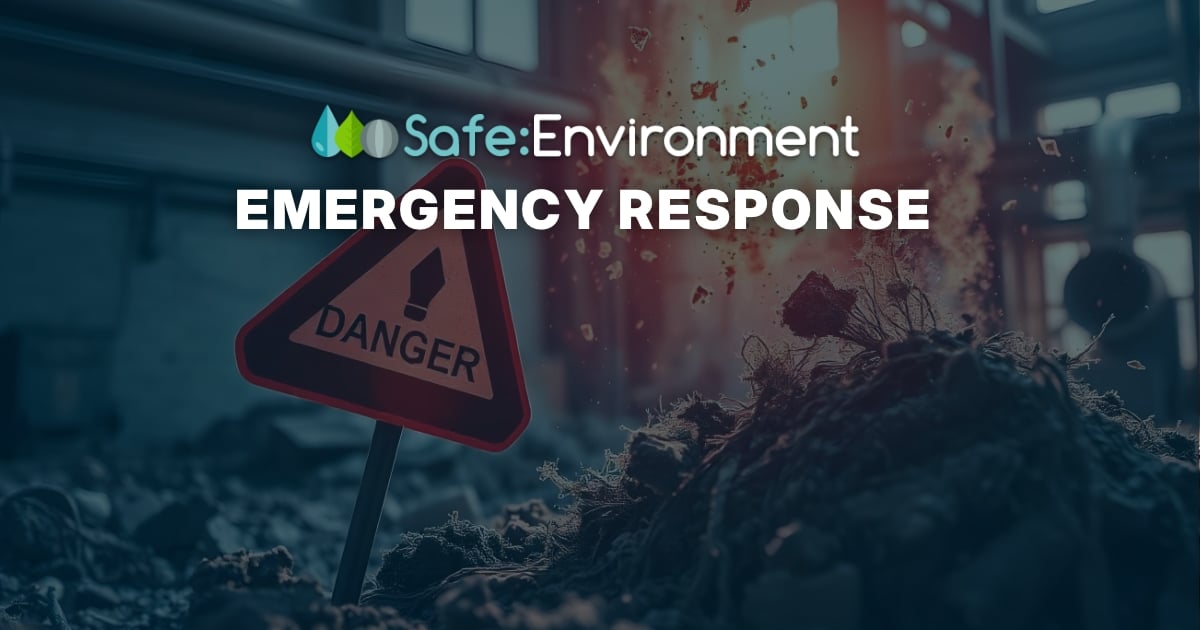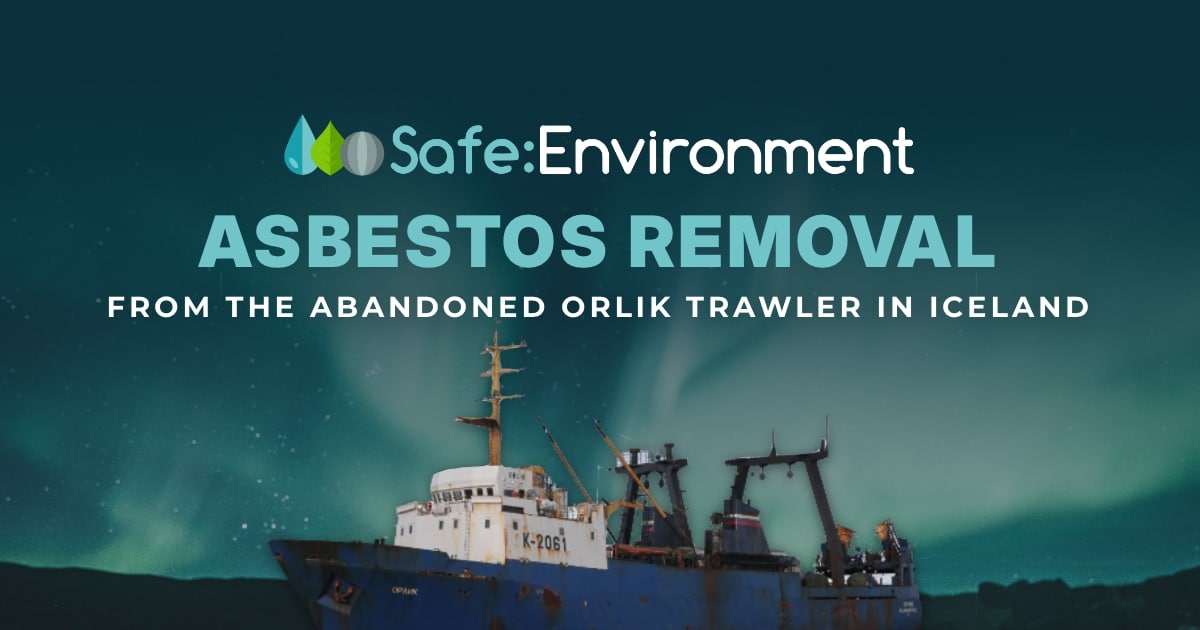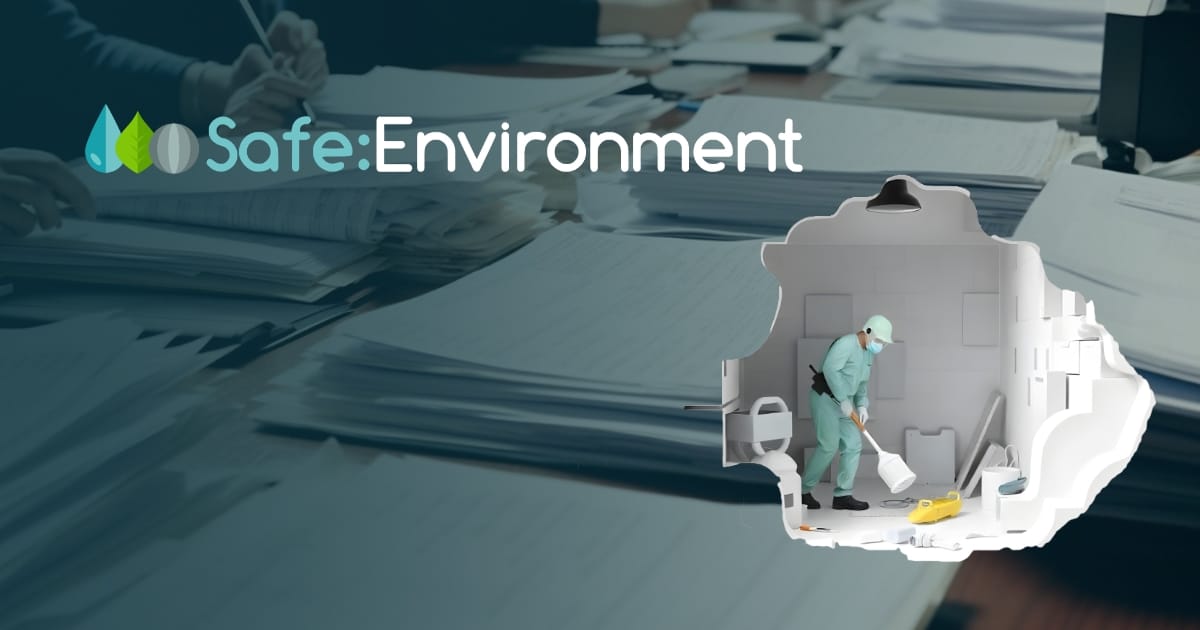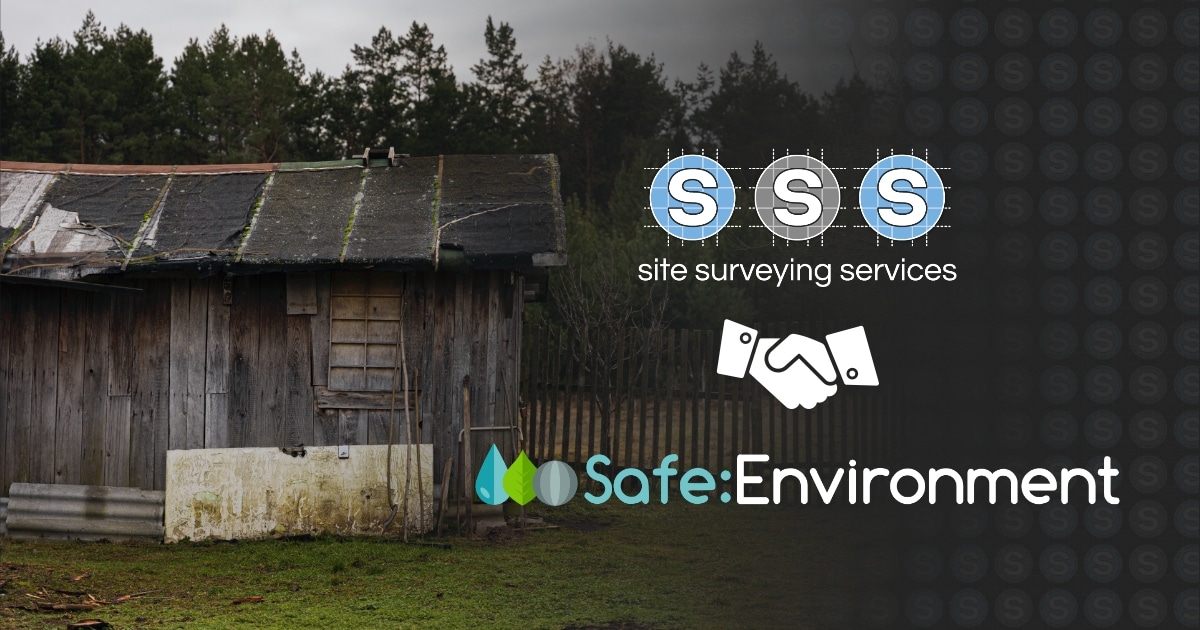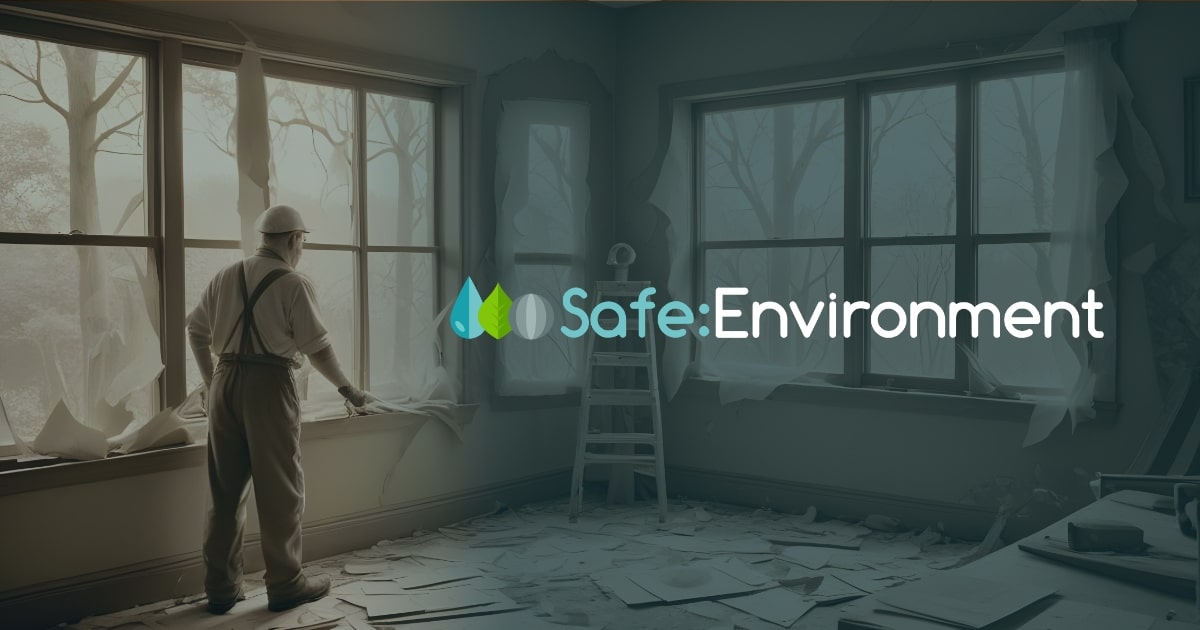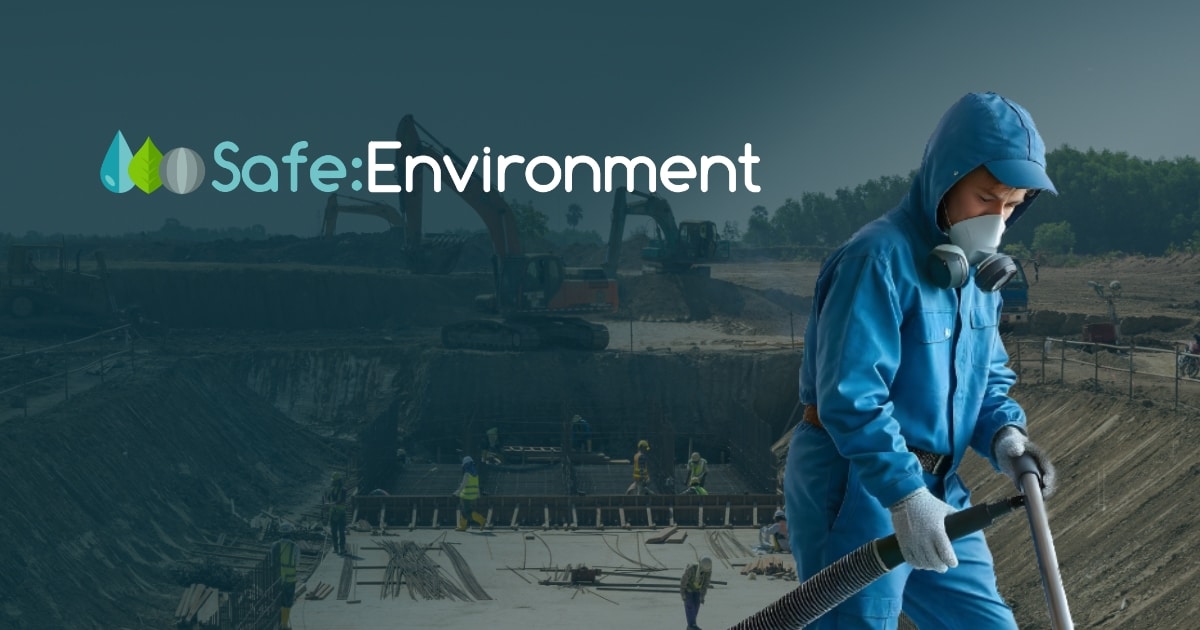Asbestos in the workplace is a serious health and safety concern. Despite its use being banned or heavily restricted in many countries, asbestos can still be found in older buildings and equipment. If disturbed, it releases microscopic fibres into the air that, when inhaled, can cause severe health problems. As an employee, it’s essential to understand your rights regarding asbestos to ensure your safety and wellbeing.
The Dangers of Asbestos in the workplace
Asbestos is linked to a range of serious health conditions, including:
Mesothelioma: A rare cancer affecting the lining of the lungs and chest cavity.
Asbestosis: A chronic lung condition caused by scarring of lung tissue.
Lung cancer: Increased risk due to prolonged asbestos exposure.
Pleural thickening: A condition where the lining of the lungs becomes thickened, leading to breathing difficulties.
These conditions often develop years after exposure, making early prevention and protection critical.
Your Rights as an Employee
Under health and safety regulations, employees have specific rights when it comes to asbestos exposure. In the UK, the Control of Asbestos Regulations 2012 outline these protections. Key points include:
Right to Information
Employers are required to inform you if asbestos is present in your workplace.
They must provide details on the location, condition, and any risks associated with the asbestos.
Right to Training
If your job involves working near or potentially disturbing asbestos, your employer must provide adequate training.
Training should include information on how to recognise asbestos, minimise exposure, and handle emergencies.
Right to a Safe Working Environment
Employers must take measures to ensure asbestos is not disturbed during your work.
This includes risk assessments, air monitoring, and implementing controls to reduce exposure.
Right to Protective Equipment
If there’s a risk of exposure, employers must provide appropriate personal protective equipment (PPE) such as masks and coveralls.
Right to Health Monitoring
Employees who work with or near asbestos regularly have the right to medical examinations to monitor their health.
What to Do If You’re Concerned About Asbestos
If you believe asbestos is present in your workplace and proper precautions aren’t being taken, you should:
Speak to Your Employer
Raise your concerns with your supervisor or manager.
Request details of the asbestos risk assessment and safety measures in place.
Report to Health and Safety Representatives
Many workplaces have designated health and safety officers or representatives who can address your concerns.
Contact the Health and Safety Executive (HSE)
If your employer does not take appropriate action, you can report the issue to the HSE or your local regulatory body.
Know Your Legal Protections
Employees are legally protected from retaliation for raising health and safety concerns.
Employers’ Responsibilities
Employers are legally required to manage asbestos risks in the workplace. Their duties include:
Conducting surveys to identify asbestos-containing materials (ACMs).
Maintaining an asbestos management plan.
Ensuring only trained and licensed professionals handle asbestos removal or repairs.
Conclusion
Understanding your rights as an employee is crucial when it comes to asbestos in the workplace. By staying informed and taking action when necessary, you can help protect yourself and your colleagues from the risks associated with asbestos exposure.
For expert advice or assistance with asbestos management, contact Safe:Environment. Your safety is our top priority.


